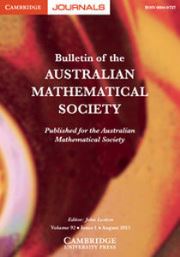 The author of a paper on the properties of a vector space is retracting it from The Bulletin of the Australian Mathematical Society after a “false application” of a theorem led to a “gap in the proof.”
The author of a paper on the properties of a vector space is retracting it from The Bulletin of the Australian Mathematical Society after a “false application” of a theorem led to a “gap in the proof.”
Here’s the abstract of “On a Weakly Uniformly Rotund Dual of a Banach Space,” in full:
Every Banach space with separable second dual can be equivalently renormed to have weakly uniformly rotund dual. Under certain embedding conditions a Banach space with weakly uniformly rotund dual is reflexive.
And the retraction note, published in the August issue of the journal:
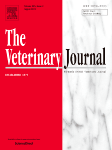
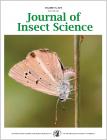

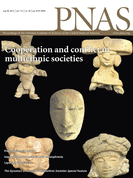
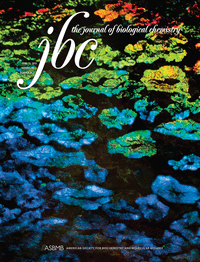


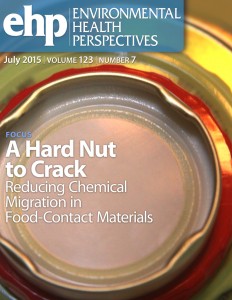
 A widely reported finding that the risk of divorce increases when wives fall ill — but not when men do — is invalid, thanks to a short string of mistaken coding that negates
A widely reported finding that the risk of divorce increases when wives fall ill — but not when men do — is invalid, thanks to a short string of mistaken coding that negates